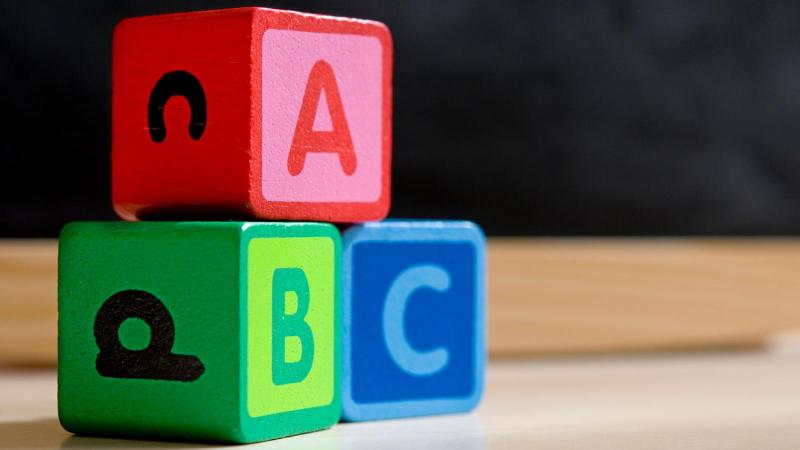The ABC Early Childhood Program is committed to improving the mental health of young children (ages 2-8) and their families. Our team of early childhood specialists offers comprehensive diagnostic assessments and family-based therapies backed by research to address a broad range of common childhood emotional, behavioral, and relational challenges. Our approach is tailored to each family’s individual needs and values and our services are available both in-person and via telehealth. We specialize in addressing concerns related to:
- Emotional sensitivity
- Anger outbursts and temper tantrums
- Anxious and avoidant behaviors
- Inflexible and rigid behaviors
- Compulsive and ritualized behaviors
- Attention-seeking behaviors
- Hyperactive and impulsive behaviors
- Oppositional and defiant behaviors
- Toileting
- Picky/restricted eating
- Behaviorally-based sleep challenges
- Hair pulling and skin picking behaviors
Treatment Formats
Research shows that the most effective treatments for young children include caregiver involvement and cognitive-behavioral therapy approaches with or without the child present for treatment sessions. We therefore focus on providing parenting-focused treatments and rarely offer individual therapy to children.
In general, treatment involves:
- Weekly sessions attended by caregivers
- Teaching caregivers specific concepts and strategies
- At-home, between-session activities for the family
- Regular assessment of whether treatment is leading to desired changes
Parent-Child Interaction Therapy (PCIT) and PCIT Adaptations
Parent-Child Interaction Therapy (PCIT) is a specialized therapy program designed for families of young children with behavior problems. Caregivers and children attend the majority of sessions together. Therapists observe caregiver-child interactions and provide caregivers with in-the-moment coaching guidance during sessions. Click here to learn more!
Treatment Goals
Caregivers learn and practice specific play therapy skills and effective discipline strategies designed to:
- Enhance the parent-child relationship
- Improve children's prosocial skills
- Encourage more cooperative behaviors
- Decrease attention-seeking and disruptive behaviors
Applicable Conditions
PCIT is the gold-standard treatment for disruptive behavior in early childhood. It has also been adapted to treat a variety of anxiety disorders. Our team offers standard PCIT, PCIT-CALM for anxiety disorders, PCIT-SM for selective mutism, and Brave START for co-existing anxiety and disruptive behavior disorders.
Behavioral Parent Training (BPT)
Behavioral Parent Training (BPT)—sometimes referred to as Parent Management Training (PMT)—is a caregiver-only treatment that can be tailored to target all of the common early childhood emotional, behavioral, and relational challenges listed above. Caregivers attend sessions without the child present and are taught a variety of evidence-based parenting principles and strategies to address the unique needs of their child and family. Therapists provide guidance to increase caregiver consistency, and predictability, and follow through applying new strategies with their child outside of session.
Treatment Goals
Specific skills may include:
- Selective attention
- Emotional validation
- Contingency management
- Effective commands
- Limit setting
- Facilitating exposures
ABC Parenting Groups
Parenting groups are offered on a rolling basis and are designed to balance educational content with opportunities for caregivers to connect with and support one another. Caregivers attend sessions without the child present. Therapists provide didactic instruction and facilitate discussion within group sessions. Caregivers are introduced to transdiagnostic, evidence-based principles and strategies that can be applied to address a broad range of common childhood emotional, behavioral, and relational challenges.
Treatment Goals
Specific skills focus on:
- Managing tantrums
- De-escalation strategies
- Helping children face their fears
- Validating emotions
- Selectively attending to appropriate behavior
- Giving effective commands
- Following through with compassionate discipline procedures
Hybrid Patient Care
Research shows that videoconferencing-based services can be just as effective as in-person services, so our assessment and treatment services are available across both formats. Therapists work with families to determine the appropriate format based on shared availability and individual treatment goals. Of note, participating in treatment via telehealth may increase convenience and improve “ecological validity” by offering families the opportunity to learn and apply new skills during sessions while they are in the setting that presents the most difficulty for their child/family (e.g., the home).
For more information, check out the ABC Early Childhood Program ColumbiaDoctors page!



